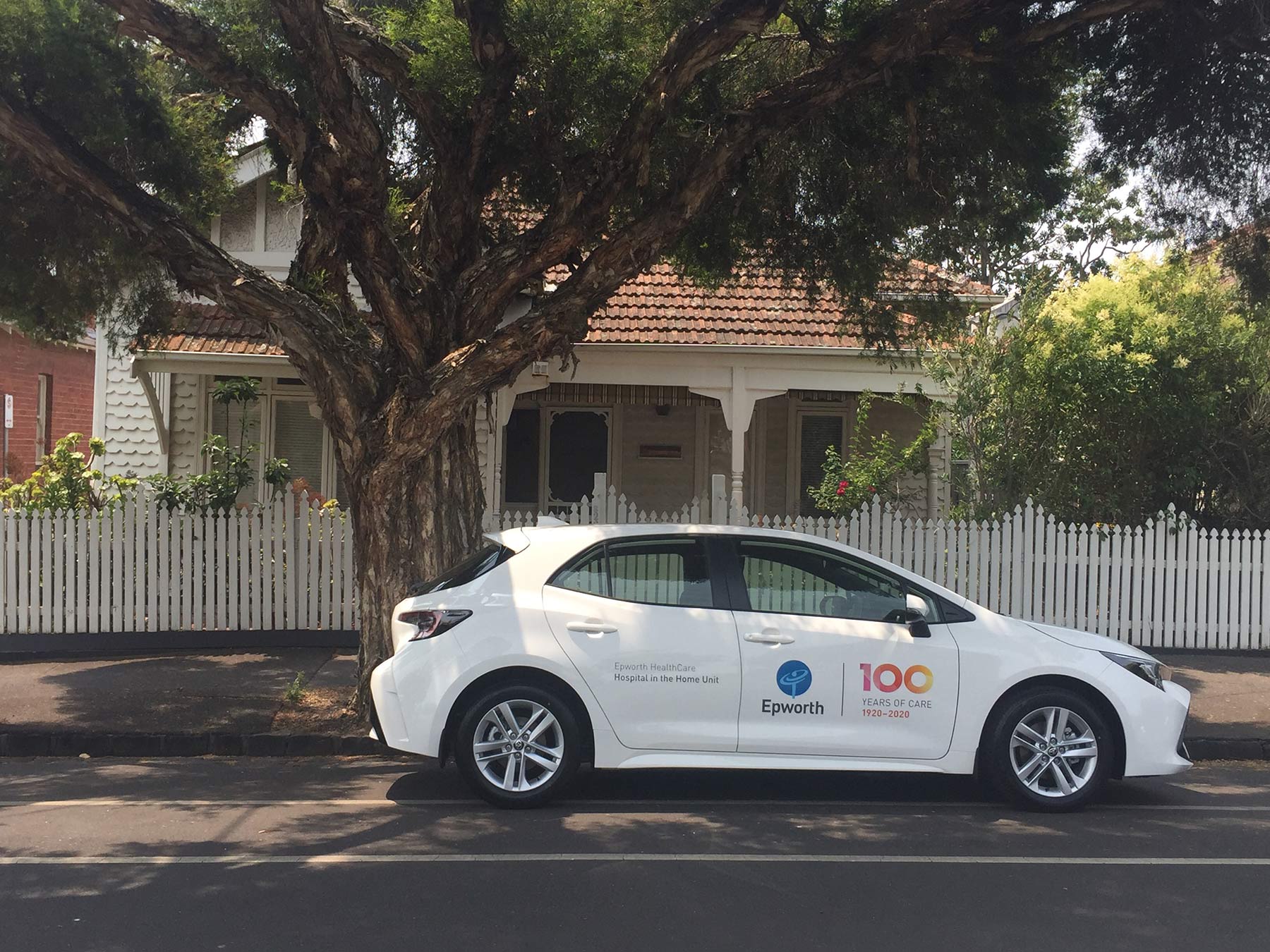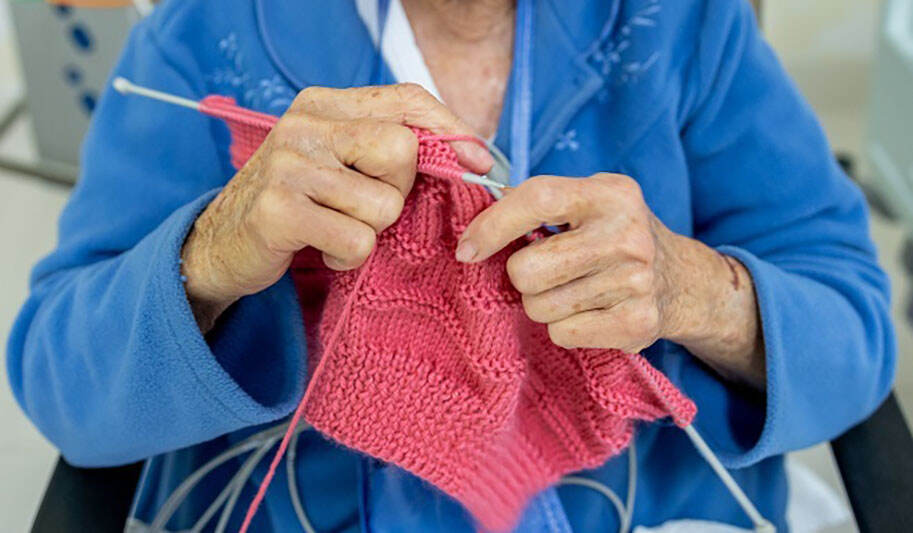The global COVID-19 pandemic means we are now all familiar with the concept of working from home.
With more of us spending time at home, Epworth HealthCare’s Hospital in the Home (HIH) Unit is an important way to substitute acute home care for patients who would otherwise need treatment in a traditional hospital bed.
So far, Epworth has treated more than 10,000 people over the last 20 years since inception. New research shows care delivered as part of HIH has significant benefits.
The research published online by the Medical Journal of Australia shows there are fewer hospital readmissions and fewer deaths as the result of care delivered by HIH.
The study looked at seven years of data from 19 referrer hospitals between 2011-2017.
Head of Epworth’s Hospital in the Home Unit Associate Professor Michael Montalto said the research found 3.7-percent of hospital admissions involved HIH.
“Hospital in the Home care is most frequently provided to patients requiring hospital treatment related to infections, venous thromboembolism, or post-surgical care,” Assoc Prof Montalto said.
“When patients were treated by Hospital in the Home it also reduced the likelihood of being readmitted to hospital within 28 days.”
The study found HIH plays an important and growing role in care for patients with a range of hospital diagnoses. It has also found a role in the hospital response to COVID-19, by helping hospitals and patients respond to the demand for treatment.
Brian Campbell was recently treated by Epworth.
“I had just returned home from overseas and developed cellulitis in my leg so went to the Emergency Department at Epworth Richmond,” Mr Campbell said.
“I had to self-isolate as a result of my overseas travel and was given the option of being admitted to hospital or treated by Epworth’s Hospital in the Home Unit.”
Mr Campbell opted for the latter. He was visited twice daily at home by a nurse and was assessed by a doctor every day. For each visit, his blood pressure and heart rate were checked, while he was treated at home with intravenous antibiotics.
“Being at home was preferable to hospital treatment and I can’t thank the nurses and doctors enough. During each visit they were caring and professional,” Mr Campbell said.




